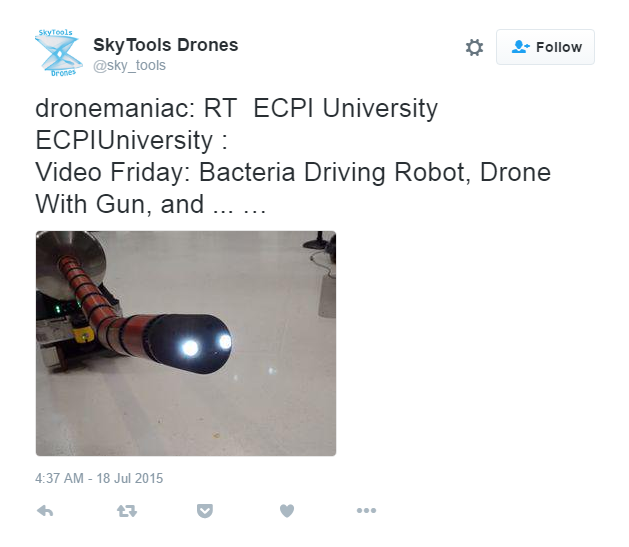Robotics in Medicine: How Technology Could Replace Professionals
Imagine you get a cold you just can't shake. Worried, you go to a medical facility. When the doctor enters you find that you're not being treated by a human, you're being treated by an advanced automated machine. Sound scary and futuristic? This reality is already taking shape.
The Harvard Business Review recently published an article about this very topic. It reports more people are now seeking the advice of WebMD than going to human physicians across the country. While this might seem silly, as WebMD regularly tells you that you have cancer when you have a head cold, people already have it ingrained that they can get medical advice from the internet. A mechanical doctor is not far removed.
Machines as Doctors? How could this be Possible?
The idea of replacing a caring, creative, empathetic human being with a machine might seem strange even unthinkable, but when a doctor's basic duties are broken down, it appears most of the duties are routine or rely on a wealth of knowledge a robot could hold much more readily than a human being. Also, robots are now sophisticated enough to predict outcomes better than humans. So believing that robots cannot master the intricacies of these positions is just outdated thinking.
But it's not just the health professions that might undergo this mechanical change. The article mentions other professional occupations such as law, education, and even divinity possibly being replaced with machines. One might wonder, just how will this massive development take place? After all, who is going to build, troubleshoot, and maintain these new mechanical professionals?
Mechatronics: The Profession of the Future
Although a mechanical doctor might not need human help to diagnosis a head cold, it will need human hands to build it and keep it in working order. This is where mechatronics graduates come in. Mechatronics is the combination of advanced manufacturing skills, mechanics, electronics, computer science, and process control.
It gives those who love technology and working with their hands a chance to combine these interests. The Bureau of Labor Statistics (BLS) lists several professions where someone with a mechatronics degree could work. One of these, electro-mechanical technician, shows a steady median salary at $53,340.
With advancements in manufacturing being made all the time and this new information to show just how much humans are relying on the internet and machines for tasks they used to use doctors and other professionals for, it will be exciting to see where this career path goes in years to come.

How do I get Started in a Career in Mechatronics?
If you want to become a part of the fascinating career in mechatronics, you will need the educational background to do so. Consider ECPI University's Bachelor of Science in Electronics Engineering Technology with a concentration in Mechatronics to get your start. With year-round classes and an accelerated schedule, you could earn your degree in as little as 2.5 years. Contact an admissions advisor today to start the conversation about your future.
It could be the Best Decision You Ever Make!
DISCLAIMER – ECPI University makes no claim, warranty, or guarantee as to actual employability or earning potential to current, past or future students or graduates of any educational program we offer. The ECPI University website is published for informational purposes only. Every effort is made to ensure the accuracy of information contained on the ECPI.edu domain; however, no warranty of accuracy is made. No contractual rights, either expressed or implied, are created by its content.
Gainful Employment Information – Mechatronics - Bachelor’s
For more information about ECPI University or any of our programs click here: http://www.ecpi.edu/ or http://ow.ly/Ca1ya.




